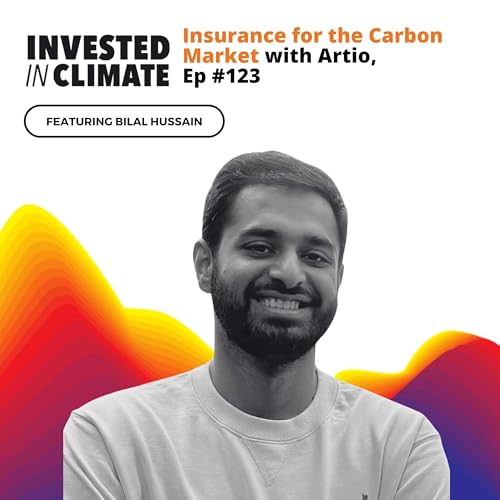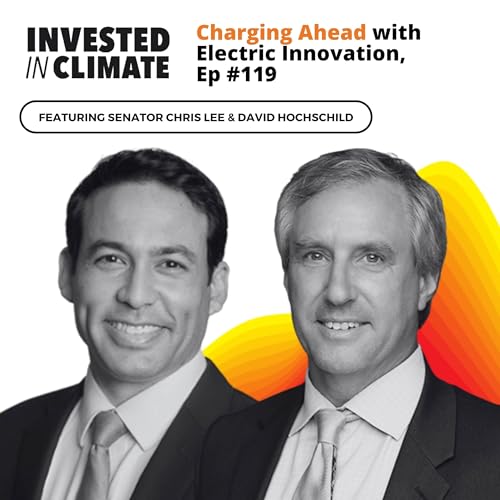As you know, with government funding cuts slowing climate progress across the board, philanthropy is more important than ever. Private foundations offer just a drop in the bucket compared to government funding, but they can still play an important role and catalyze other forms of capital.
That’s why I’m doing a series of episodes on climate philanthropy. If you have ideas of other foundations that should be part of this series, please reach out through InvestedinClimate.com
We spoke recently with Pisces Foundation President David Beckman on the importance of funding movement infrastructure.
Today’s episode considers a totally different perspective.
Alex Honnold is perhaps the world’s most famous professional rock climber. He’s also a true climate leader. He decided years ago to donate one-third of his income to address climate change, and he uses his platform to raise awareness and money to help people in remote communities develop solar projects. Alex brings a no-nonsense, pragmatic approach but also one that is deeply compassionate, prioritizing projects that change people's lives.
In this conversation, I’m joined by Alex, as well as Emily Teitsworth, Executive Director of the Honnold Foundation. We, of course, talk about Alex’s history, his climbing, and how it’s influenced his climate philanthropy. We go deep into the foundation’s theory of change, some tangible examples of projects they’ve supported, and the broader impact they have in elevating a portfolio of worthy projects for other funders to consider.
Alex’s resources are not vast. His dedication runs deep, however, and even with modest resources, he’s been able to support over 100 projects that have impacted thousands of people. I find Alex’s example truly inspiring. And, I hope this episode inspires you to move past the feeling that we sometimes all feel – that our resources or influence are too small to have an impact – and just do what you can.
On today’s episode, we cover:- [03:48] Alex Discusses Founding the Honnold Foundation
- [04:13] Alex's Environmental Motivation
- [06:18] Emily's Background and Journey
- [08:30] Honnold Foundation's Mission and Strategy
- [10:10] Reasons for Focusing on Community Solar
- [12:52] Importance of Community-Led Projects
- [14:38] Examples of Supported Projects
- [17:11] Foundation's Focus Areas
- [19:27] Specific Project Highlights
- [24:26] Philanthropic Opportunities
- [26:53] Storytelling and Media Exposure
- [30:42] Cultural Impact Discussion
- [35:20] Alex's Perspective on Impact
- [37:00] Persistence and Motivation in Climate Work
- [38:43] Alex's Recent Climbing Experience
- [39:32] Future Plans for the Honnold Foundation
- [40:24] Closing Remarks
Resources Mentioned- Honnold Foundation
- Honnold Foundation: Partners
- Ceibo Alliance
- Adjuntas
- Honnold Foundation: Featured...
 41 mins
41 mins![The $9 Trillion Adaption Opportunity with Adapt[us], Ep #122](https://m.media-amazon.com/images/I/41f3gHr30nL._SL500_.jpg) 45 mins
45 mins 45 mins
45 mins 44 mins
44 mins 43 mins
43 mins Aug 13 202547 mins
Aug 13 202547 mins Jul 22 202541 mins
Jul 22 202541 mins 41 mins
41 mins

